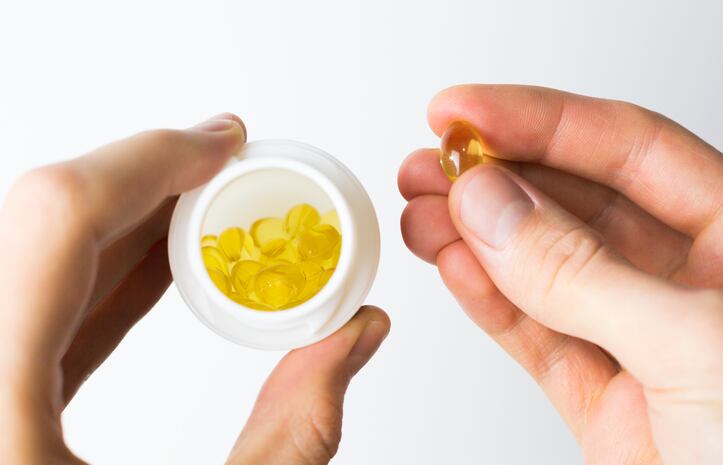Morning intake of fish oil also seemed to decrease serum total saturated fatty acids, compared to evening intake.
Fish oil has been clinically studied to lower triglyceride levels in humans and animals, through its ability to increase β-oxidation of fatty acid, and inhibiting very low-density lipoprotein triglyceride synthesis.
A previous study was conducted on hyperlipidemic mice, which showed that fish oil intake in the morning was more effective in decreasing blood and liver triglyceride levels, than an evening intake.
Hence, this time, researchers wanted to verify the effects of consuming fish oil-enriched fish sausage at different times of the day on serum lipid parameters and fatty acid composition in healthy humans subjects
This chrononutrition study was conducted in Japan in 2017 and published in the Nutrition journal.
Methodology
For this randomised, placebo-controlled, double-blind, parallel-group pilot study, 20 healthy Japanese adults (20 to 60 years old) were recruited.
Subjects were assigned to two groups. The first group consumed fish sausages enriched with fish oil (1010mg DHA, 240mg EPA) in the morning, and a placebo sausage enriched with olive oil (40mg DHA, 15mg EPA) in the evening.
The second group consumed the placebo sausage in the morning, and the fish oil-enriched sausage in the evening.
Participants were asked to restrict excessive intake of processed food products during the eight-week study period.
Blood samples were collected in the morning and evening at weeks 0, 4, and 8.
The primary outcome was serum fatty acid composition, and secondary outcome was serum lipid parameters.
The study was conducted at Medical Corporation Meiseikai, Higashi Shinjuku Clinic in Tokyo, Japan.
Reduction in fatty acid and lipid levels
The results showed that serum concentrations of DHA and EPA significantly increased by approximately 70 and 30 μg/mL at week four in both groups, with no significant difference.
This meant both participants ingested the same amount of fish oil.
However, researchers reported that serum triglyceride levels and saturated fatty acids significantly decreased in the first group (fish oil/morning).
In addition, serum concentrations of ω-6 PUFA were significantly decreased in the first group but not the second group.
The intake of fish oil-enriched sausages for eight weeks did not affect the body weight, BMI, fasting glucose, insulin levels of the participants regardless of when consumed.
These findings suggested that the timing of fish oil intake affects both serum fatty acid concentrations and triglyceride metabolism in normolipidemic humans.
Although the mechanisms of these effects of fish oil on lipid metabolism still require further investigation.
Most of these lipid metabolic mechanisms are regulated by the circadian clock, and it was suggested that the intestinal absorption of dietary fatty acid might be increased in humans by consuming food especially after a fast, usually in the morning.
Sausage not supplement study
In this study, fish oil was consumed in sausages as part of a meal and not as capsules.
Researchers said: “Our findings are not directly applicable to supplementation as capsules, because the gastrointestinal absorption of fatty acid depends on postprandial bile acid secretion.”
The present pilot study was also limited by its small sample size.
“Future studies should assess the time-of-day effects of fish oil intake on the fatty acid composition of triglyceride, HDL, LDL, and phospholipids, and the mechanism(s) of ω-3 PUFA actions in humans,” researchers suggested.
Source: Nutrition
https://doi.org/10.1016/j.nut.2021.111247
“Time-of-day effects of consumption of fish oil–enriched sausages on serum lipid parameters and fatty acid composition in normolipidemic adults: A randomized, double-blind, placebo-controlled, and parallel-group pilot study”
Authors: Tatsuya Konishi, et al.




